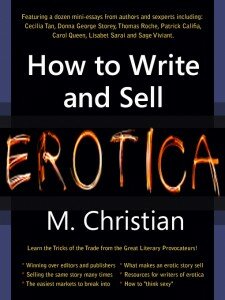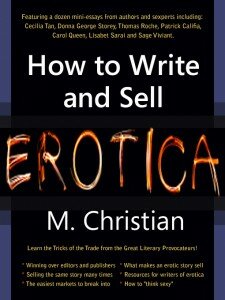 A friend of mine once called me ambitious. I’m still not sure what he meant by that – was it a compliment or criticism? Put-down or praise? It’s made me think, though, and that’s always a good thing. I’d normally describe ambition as a drive to succeed, a persistence to rise in status, income, reputation, so forth. But what does that mean to a writer? It could be money – but since when is money the answer to anything? It could be reputation – but then a lot of bad writers are well thought of, even famous (are you listening, Tom Clancy?). Ambition can also mean cold-heartedness, or a reckless disregard towards anything and anyone that’s not directly related to a goal.
A friend of mine once called me ambitious. I’m still not sure what he meant by that – was it a compliment or criticism? Put-down or praise? It’s made me think, though, and that’s always a good thing. I’d normally describe ambition as a drive to succeed, a persistence to rise in status, income, reputation, so forth. But what does that mean to a writer? It could be money – but since when is money the answer to anything? It could be reputation – but then a lot of bad writers are well thought of, even famous (are you listening, Tom Clancy?). Ambition can also mean cold-heartedness, or a reckless disregard towards anything and anyone that’s not directly related to a goal.
God, I hope I’m not that.
I do know that writing is important to me – probably the most important thing in my life. Because of that, I look for opportunities to do it, and to get it seen. I rarely let opportunities pass me by: markets, genres, experiments – anything to get the spark going, juice up my creativity, and get my work published. Erotica was one of those things, an opportunity that crossed my path and it has been very good to me. I didn’t think I could edit a book, but then I had a chance to do that as well, and now have done a bunch of the suckers.
The fact is that opportunities never find you: you have to find them. The fantasy of some agent, or publisher, or agent, picking up a phone and calling you out of the blue is just that: a fantasy, or so rare it might as well be just a fantasy. Writing is something that thrives on challenge, growth, and change. Some of that can certainly come from within, but sometimes it takes something from the outside: some push to do better and better, or just different work. Sending work out, proposing projects, working at maintaining good relationships with editors, publishers and other writers is a way of being involved and getting potential work to at least come within earshot. It takes time, it certainly takes energy, but it’s worth it. The work will always be the bottom line, but sometimes it needs help to develop, get out, and be seen – those contacts and giving yourself a professional push is often what it takes.
Remember, though: Ambition can also mean “a cold-heartedness, a reckless disregard towards anything and anyone that’s not directly related to a goal.” Drive is one thing, but when it becomes an obsession with nothing but the politics of writing and not the work itself, it takes away from the process rather than adding to it. Being on both sides of the fence – as an editor as well as a writer – I know how being determined and ambitious can either help or hinder in getting your work out. Being invisible and hoping for opportunity won’t get you anything but ignominy. However, if you’re pushy, arrogant and care only for what someone can do for you and not that you’re dealing with a person who has their own life and issues, you can end up closing doors rather than opening them.
I like working with people who know about Chris, and not just the person who can publish their work – just as I like writing for publications that are run by kind, supportive, just-plain-nice folks. Rejections always hurt, but when that person is someone I genuinely like or respect, then I’ll always do something better next time. As I’ve said before, writing can be a very tough life and having friends or connections that can help, both professionally as well as psychologically, can mean a world of difference. Determination to be published and to make professional connections at the cost of potential comrades is not a good trade-off. I’d much rather have writing friends than sales, because in the long run having good relationships is much more advantageous than just the credit. Books, magazines and web sites come and go, but people are here for a very long time.
But more than anything else, it’s vital to never sacrifice the love of writing or the struggle to create good work. Someone can have all the friends in the world and a black book full of agents and publishers, but if they’re lazy or more concerned with getting published than doing good work, they are doing those friends and markets, as well as themselves, a serious disservice. Getting out there is important, and determination can help that, but if what gets out there is not worthy of you … well, then why get out there in the first place? It might take some time, might take some work, but good work will usually find a home: a place to be seen, but bad work forced or just dumped out there is no good for anyone, especially the writer.
The bottom line, I guess, is that I really do believe in ambition, both for work and to find places to get exposed, but more importantly I believe in the bottom line: the writing. The drive to be a better and better writer is the best kind of ambition of all.











Recent Comments